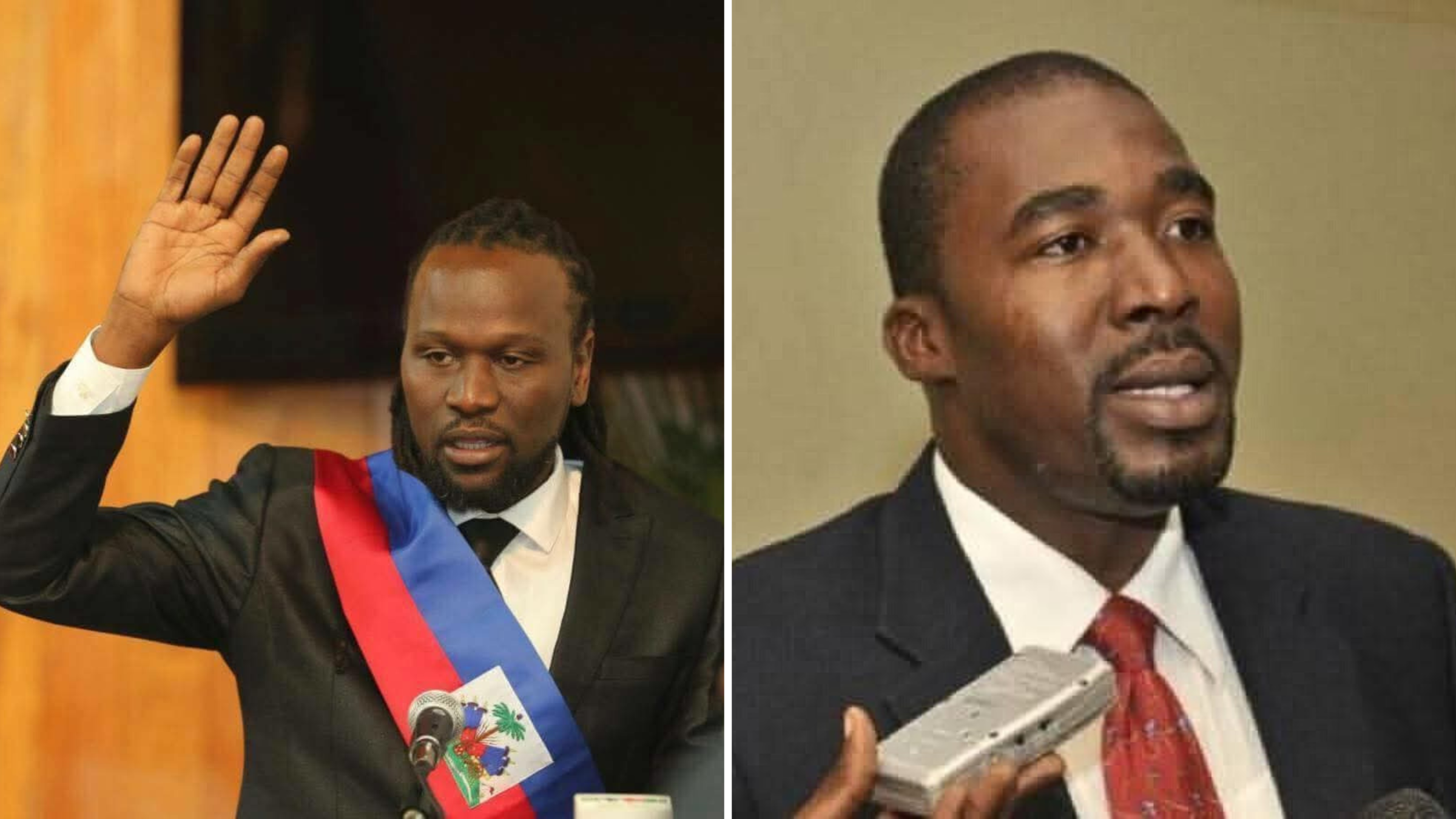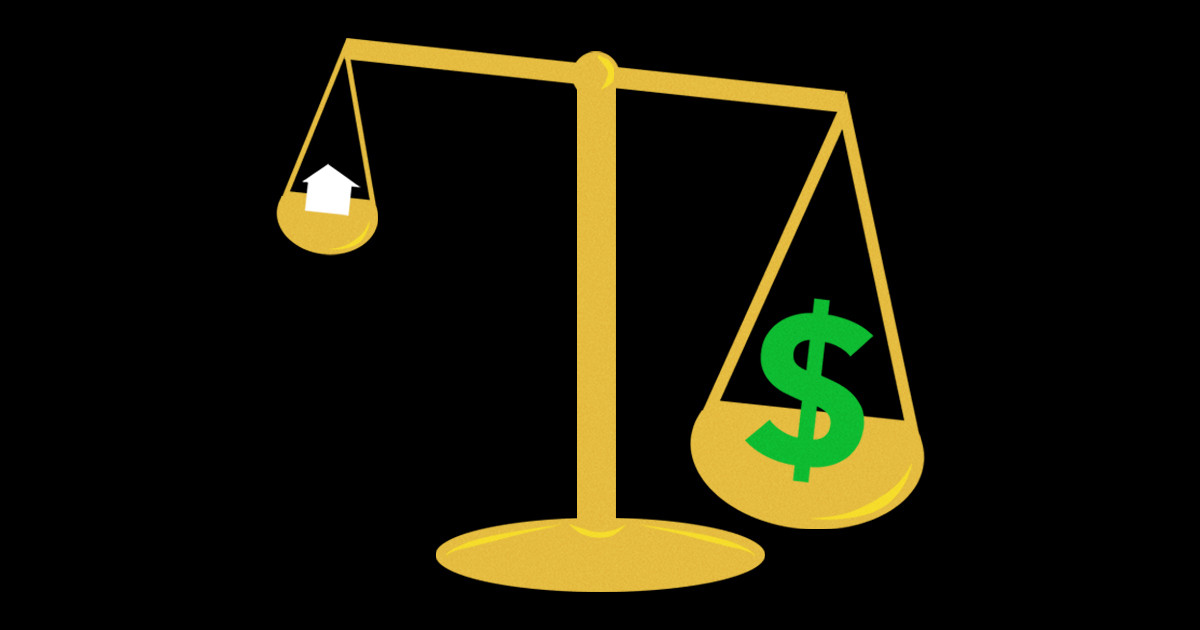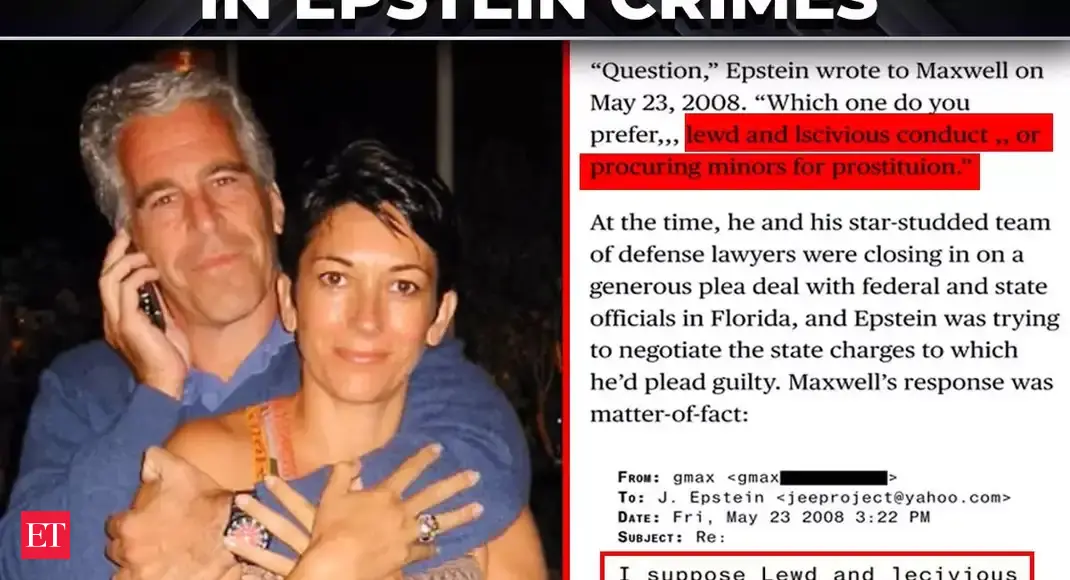By Kervenson Martial
Copyright haitiantimes

The United States recently sanctioned ex-Haitian parliamentarians and key political figures, Arnel Bélizaire and Antonio “Don Kato” Chéramy, accusing them of corruption and interference in public institutions. The move came just as U.S. immigration authorities arrested businessman Dimitri Vorbe in Miami, tying both political and economic elites to an expanding international crackdown on Haiti’s destabilization.
The sanctions and arrests mark a deepening of the international campaign to hold Haiti’s political and business elite accountable for corruption, gang financing and the country’s spiraling instability. As Haiti’s justice system remains largely paralyzed, the United States and its allies are increasingly taking matters into their own hands — targeting former officials and powerbrokers with travel bans, asset freezes and detentions abroad.
The sanctions add Bélizaire and Chéramy to a list of more than 30 Haitian politicians and powerful business leaders blacklisted by the U.S., Canada, United Nations and the European Union for alleged corruption, gang financing and fueling instability in Haiti.
“Bélizaire and Chéramy abused their positions by interfering in the public processes of the Haitian government,” said State Department Deputy Spokesperson Tommy Pigott in a memo shared by the U.S. Embassy in Port-au-Prince. The State Department said its actions undermined democratic institutions and worsened Haiti’s security crisis.
Sanctions widening beyond politics amid a culture of impunity at home
The U.S. sanctions came just days before Immigration Enforcement (ICE) agents arrested Vorbe, co-owner of family power company Société Générale d’Énergie S.A (SOGENER), on Sept. 23 in Miami. Authorities accuse the powerful businessman, who has political ties to both Bélizaire and Chéramy, of financing gangs and orchestrating violence in Haiti. He is being held at the Krome North Processing Center without formal charges announced.’
Vorbe’s arrest follows the July detention of Pierre Réginald Boulos in Florida—another powerful Haitian businessman also accused of gang support. Together, the moves show how Washington is increasingly using sanctions and arrests abroad to target Haiti’s most powerful families and business networks during Trump’s second term.
Canada, the UN and EU have likewise sanctioned Haitian elites, including former presidents Michel Martelly, ex-Prime Minister Laurent Lamothe, ex-Senators Joseph Lambert and Youri Latortue and powerful businessmen such as Gilbert Bigio and Reynold Deeb. These measures typically involve visa bans and asset freezes, limiting the ability of elites to operate internationally.
While sanctions and arrests abroad are mounting, they rarely translate into prosecutions in Haiti itself. The country’s weak judiciary and chronic political dysfunction have shielded many elites from accountability, even when their names appear on international blacklists.
“This pattern of impunity sends a dangerous signal,” said Wilner Exantus, a Port-au-Prince resident. “If foreign governments sanction our leaders but Haiti’s own justice system does nothing, the corruption and violence will never end.”
Observers say that without cooperation between Haitian courts and the international community, sanctions risk being symbolic. Gangs continue to control 90 percent of Port-au-Prince, with financiers and political backers facing little consequence on Haitian soil.
Defiance and denials of global crackdown as local paralysis continues
Bélizaire dismissed the sanctions as politically motivated. In a September 11 social media post, days ahead of the U.S. designating him, he accused international powers of exploiting Haiti’s misery.
“The Haitian people are being guillotined by bloodthirsty internationals and the sellers of our homeland,” he wrote, blaming the U.S. and France for plundering Haiti’s resources since independence.
On his part, Chéramy downplayed the U.S. measures, noting that his visa had already expired. “Removing a visa that has already expired means nothing,” he said.
The U.S. designations were made under Section 7031(c) of the State Department’s foreign operations law, which requires sanctions on foreign officials implicated in corruption or human rights abuses. Canada and the EU have taken similar steps, while the UN has endorsed sanctions as a tool for accountability.
But for ordinary Haitians, the bigger question remains whether these measures will bring change at home. Without a functioning justice system, Haiti’s sanctioned elites continue to wield influence, even as their international standing crumbles.
“The arrests of Vorbe and Boulos abroad, combined with sanctions on several leaders like Bélizaire and Chéramy, show international willingness to act,” said Exantus, 55, a political analyst. “But unless Haiti itself enforces accountability, the cycle of corruption and impunity will continue — and citizens will keep paying the price in violence and instability.”
Among the more than 30 sanctioned individuals are former presidents, prime ministers, senators and major business leaders including the following most notable individuals to date:
Joseph Lambert — former Senate president
Youri Latortue — former Senate president
Gary Bodeau — former Chamber of Deputies speaker
Hervé Fourcand — former senator
Rony Célestin — former senator
Michel Martelly — former president (2011–2016)
Jean-Henry Céant — former prime minister
Laurent Lamothe — former prime minister
Berto Dorcé — former justice minister
Liszt Quitel — former interior minister
Nenel Cassy — former senator
Steeve Khawly — businessman and political operator
Arnel Bélizaire — former deputy
Antonio “Don Kato” Chéramy — former senator, musician/activist
Charles “Kiko” Saint-Rémy — businessman, brother-in-law of former President Michel Martelly
Gilbert Bigio — billionaire industrialist, GB Group
Reynold Deeb — businessman, textile industry
Sherif Abdallah — businessman, Abdallah Group
Jocelerme Privert — former senator and interim president (2016–2017)
Salim Succar — businessman and political operator
Marc Antoine Acra — businessman, Accra Group
Carl Braun — businessman, banking, energy and telecom sectors
Jean-Marie Vorbe — businessman, CEO of SOGENER and construction firm
André Apaid — businessman, textile and construction sectors
Dimitri Vorbe — businessman, SOGENER executive (detained in Florida)
Reginald Boulos — businessman and political operator (detained in Florida)
Jimmy Chérizier (Barbecue) — gang leader, Viv Ansanm alliance/G9 federation
Wilson Joseph (Lanmo Sanjou) — gang leader, 400 Mawozo
Vitel’Homme Innocent — gang leader, Kraze Baryè
Johnson André (Izo) — gang leader, 5 Segonn
Sanctions typically include travel bans and asset freezes abroad, but Haiti’s weak judiciary has yet to prosecute most of those implicated. Many remain active in politics, business or gang networks despite international pressure.



